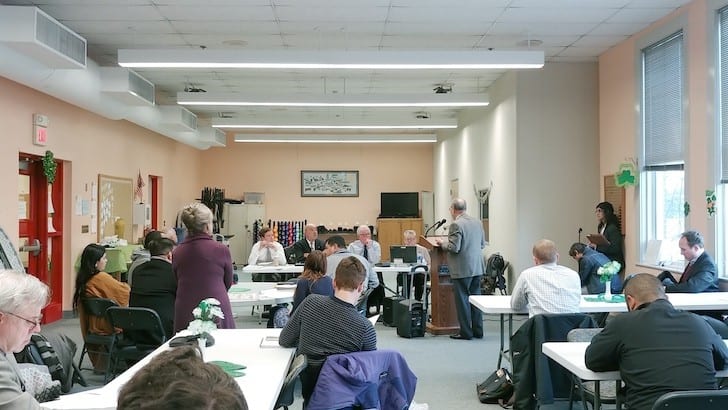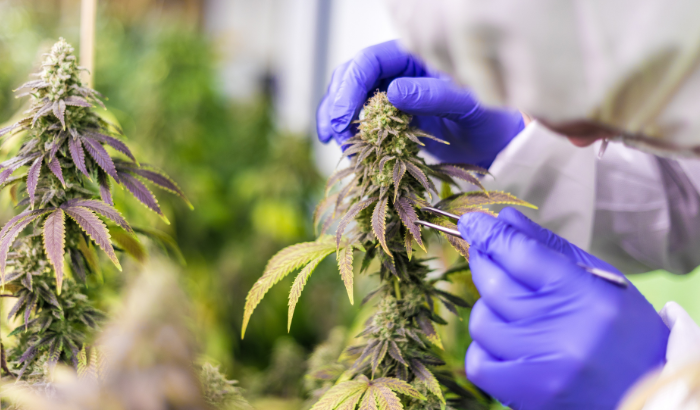
Host community agreements. These contracts, some of which are reportedly being impugned by the US attorney for Massachusetts, are between cannabis operators and the municipalities where they are located. They are also a requirement of law, which allows for cities and towns to ask for up to a certain amount of money and services for specific purposes.
Those purposes are to offset costs incurred by the community to support the cannabis enterprise, and the law has a name for this—it’s called a community impact fee. Municipalities are allowed to ask for up to 3% of an operator’s gross annual revenue for five years and must account for how that money is spent.
So, why are we always hearing people talking about municipalities seeking more than 3%?
The short answer is that there is no enforcement of the statute governing host community agreements. The Massachusetts Cannabis Control Commission requires only that a letter be provided proving that such an agreement exists. The agreement’s contents don’t come under review anywhere in the state’s process, and nobody at the CCC or anywhere else on the commonwealth level enforces any of the limits prescribed by law.
The CCC says it lacks the authority to enforce that part of the law. Currently, there are bills in both the House and Senate that would set strict limits on that 3% and instruct the CCC to ensure an HCA’s compliance. This would level the playing field; no longer would operators be able to come into a town and offer the moon in exchange for that agreement, no longer could getting an HCA be turned into a bidding war.
Organizations like the Mass Municipal Association (MMA) will say that operators are greedy, and that everybody can afford it and should just shut up. Well, guess what, MMA? People are bleeding money waiting on licenses. It’s going to be a long time before owners see any real profit. Their applications are completed and they’re now in limbo, waiting their turn to be reviewed. The wait can last months. Or in some cases, years. Aside from that, no other industry in the country is expected to pay such extortion for the privilege of doing business.
The MMA likes to think of the cannabis industry as a new gold rush. It is, but it also isn’t. It’s a gold rush in as much as it is a boon to the state, and certainly some people are going to get rich. And the tax revenues will be a benefit to the Commonwealth as a whole, as well as to the towns that allow retail sales by way of their 3% of the sales tax, which is in addition to the host community agreement money. But the MMA doesn’t seem satisfied with that. It wants more. It is the embodiment of greed. It wants something for nothing.
The playing field needs to be level for everyone. There needs to be a sense of fairness. Everyone should have to begin from the same starting line.
Hey, MMA. How about you hit up all those liquor stores, bars, and restaurants that serve booze and strong-arm them out of 3% or more of their gross earnings. What’s fair is fair. What’s good for the goose and all.
Peter C. Bernard is a medical cannabis patient, the president of the Massachusetts Grower Advocacy Council, and a contributor to midnightmass.substack.com and The Young Jurks. You can listen to The Young Jurks at anchor.fm/theyoungjurks or wherever else podcasts are streamed. This article was produced with support from Midnight Mass and The Young Jurks, where your contributions are greatly appreciated and help us deliver more local coverage.

























